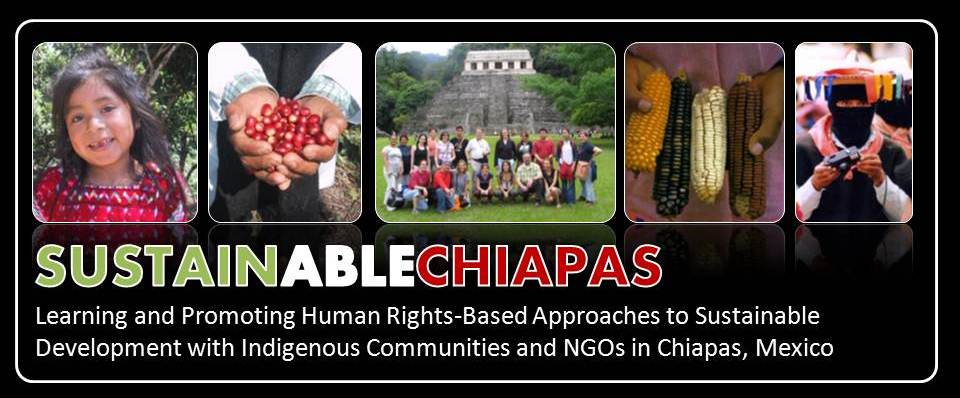
It’s the first day of our NGO panel and I can’t believe how cold it is here. The fourth speaker of the day is a woman named Isabel from Mujeres Unidos para Desarrollo, which means or Women United for Development. Her organization works to organize and empower women to take an active role in community development. Sitting in the conference room of the Hotel Mision Colonial, listening to Isabel speak, I am reminded of a conversation I had with my friend Beverly several months earlier.
We both work in the labor movement. She is Mexican. I am on a tirade about something or other – likely the pervasive and hypocritical sexism in our office. This becomes a conversation about feminist theory. She says she has a problem with organizations that send white feminists into non-white communities and tell women how to live their lives. I’m not sure. In a way, I agree. On the other hand, I think some violations of women’s rights are so egregious that they have to be stopped and who cares where that comes from? Ideally it would come from within the communities but some ideas about masculinity and femininity are just wrong and the fact that they are ingrained in a particular culture doesn’t make them any less so. Why should we be sensitive to beliefs that are oppressive and intolerant? She listens to me go back and forth like this for a while. That’s what organizers do.
Listening to Isabel brings me back to this conversation because she is talking about walking from village to village, talking to other indigenous women and telling them they have rights. Most of them listen. Some are too scared to act on it but some of them do. She does this, she says, because women are belittled and abused in many of these communities. Some traditions, she says, are just bad. I think that too. But when she says it, it really means something.
I’m making connections. Between what Isabel is saying and what Beverly said. I think about how little it would mean for me to knock on the door of a house in Zinacantan (for argument’s sake, let’s pretend I speak Totzil) and tell the women to defy their husbands and fathers, shed their shackles of domesticity, and go to college. And it’s not just that it would be culturally insensitive. It’s meaningless because we don’t share experiences. For me, getting an education and a job was relatively easy compared to the battle it will be for indigenous women, so how could I expect to inspire them? When Isabel asks them to take risks, or tells them what they can accomplish with hard work and courage, she is speaking from experience – experience they can relate to.
Isabel doesn’t talk much about herself, but she does say she wishes she had gone to school. The most humbling thing about everything she is saying is the fact that she figured it all out on her own. I am a feminist because I have had the benefit of higher education and because I stand on the shoulders of strong American women who came before me. Isabel is a feminist and an organizer without any of those benefits. I can’t imagine the strength it must have taken to recognize injustice and fight it without the support of my family or community – and without formal education. But that’s what she did. And she is still doing it. And she is successful because she is an activist within her own culture, reaching out to women who recognize her struggle as their own.
I’m in awe of her. And I understand in a way that I didn’t until this moment why real change – specifically the empowerment of women – has to come from within communities.
Women United for Development does not have its own website. Links to several other indigenous women’s organizations that work in Chiapas are posted here.
K'inal Antzetik, A.C. (Land of Women)
Jolom Mayaetik
